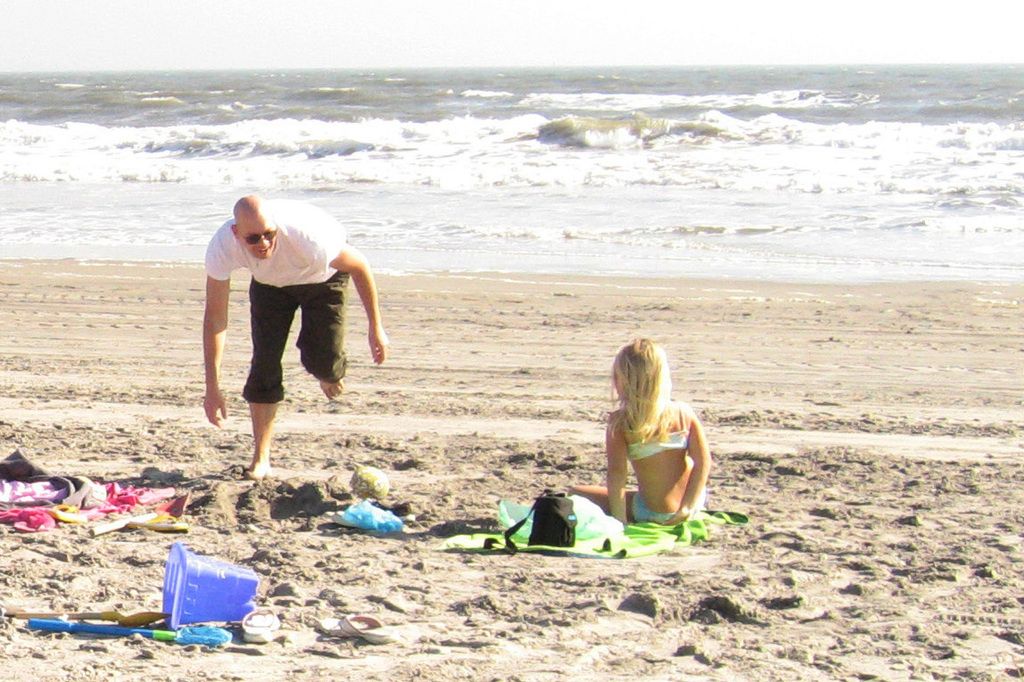Deep Connections and Strong Relationships Among Individuals with Autism Spectrum Disorder
Living on the Spectrum of Friendships
Let's dive into the unique world of autistic people and their intense friendships. These relationships are deep, emotional, and often highly communicative, with roots in a genuine desire for meaningful connections.
Autistic friendships may not resemble traditional ones — they're raw, authentic, and distinctive.
For autistic individuals, forming friendships can be a challenge, but once a connection is formed, their dedication and authenticity can lead to lifelong bonds.
In the autistic community, quality is valued over quantity; deep and sincere relationships are preferred over maintaining multiple casual connections. However, this isn't true for every autistic person as some may prefer to maintain a "lower maintenance" approach to friendships.
Unveiling the Roots of Intense Autistic Friendships
The Urge to Connect
Many autistic people crave social connections, just like neurotypical peers. This desire, in turn, fuels a strong investment in these friendships.
The struggle of making and maintaining authentic friendships in the past means that when a friendship is flourishing, these individuals may go the extra mile to keep things going.
Being True to Oneself
Autistic people are direct communicators who appreciate genuine connections. This can lead to a preference for deeper relationships over superficial ones, ultimately fostering the intensity of friendships.
Loyalty and Devotion
Autistic individuals are often deeply loyal and dedicated friends, making considerable efforts to maintain these bonds. Their strong sense of loyalty can manifest as intense engagement in their friendships.
Shared Interests as a Bonding Agent
Friendships for autistic individuals often revolve around shared passions — video games and board games, for example. Their enthusiasm for these interests can be contagious and serve as a primary way to bond with friends.
This shared interest can also lead to prolonged conversations, frequent texts, and a struggle to switch topics, adding to the intensity of these friendships.
Lessened Social Anxiety
When interacting with reliable friends, autistic individuals experience less social anxiety. The absence of the need to mask or camouflage autistic traits results in more genuine interactions, creating the illusion of an intense friendship from the outside perspective.
Potential Stumbling Blocks in Intense Friendships for Autistic Individuals
The Risk of Misunderstandings
Neurotypical individuals may not fully comprehend the intensity of the friendship stemming from the craving for connection and dedicated loyalty of their autistic friend, possibly misunderstanding them as clingy or overly possessive.
Struggles with Boundaries
The intensity of the friendship might make it challenging to respect personal boundaries. Therefore, there may be difficulties in understanding when a friend needs space or alone time, potentially leading to boundary-crossing behaviors despite good intentions.
Friendship Anxiety
Some autistic individuals may worry about losing their friends, which can intensify their focus on the relationship. This fear might prompt them to go above and beyond for their friends, which could be tiring for the friend and be perceived as disingenuous.
Difficulty with Changes
Changes, such as disagreements or reduced contact, may be difficult to navigate for autistic individuals. This can lead to feelings of upset and disorientation, particularly if friends go on a trip or are unavailable for an extended period.
The Relationship being Too Much for the Friend
The friend may have different expectations for the friendship, and the intensity may become too overwhelming for them. This imbalance in friendship expectations can create misunderstandings.
"Why would they want to be my friend?" helplessly muses one individual who feels their friendship expectation is not reciprocated.
The Possibility of Friendship Ending
If the intensity of the friendship is too much for the other person, the autistic individual may unintentionally drive them away. Losing these friendships can result in feelings of loneliness, mistrust, and emotional distress in future relationships.
Susceptibility to Exploitation
The combination of intense loyalty and potential difficulty discerning social cues might make some autistic individuals vulnerable to one-sided friendships. These friendships might include bullying, manipulation, or abusive behaviors, which the autistic individual may remain in, fearing loneliness.
- Autistic people, like their neurotypical peers, often experience a strong urge to connect and invest significantly in these friendships.
- The authenticity and loyalty found in autistic friendships can contribute to their intensity, creating deep and meaningful connections.
- Shared interests play a crucial role in bonding for autistic individuals, with enthusiastic conversations and activities serving as a primary way to strengthen these relationships.
- Psychology and attachment theory can help explain the formation and intensity of autistic friendships, revealing complex relationships between social desire, communication, and personal growth.
- In some cases, the neurotypical perspective may misinterpret the intensity of an autistic friendship as clingy or overly possessive due to misunderstandings about the nature of their bonds.
- Education and self-development can provide valuable resources to help both autistic individuals and their friends navigate potential challenges, such as understanding boundaries, handling changes, and addressing anxiety in relationships.
- It's essential to prioritize mental health and wellness in both personal and friendship dynamics, acknowledging the challenges that can arise and seeking support when needed to foster positive and healthy connections.








